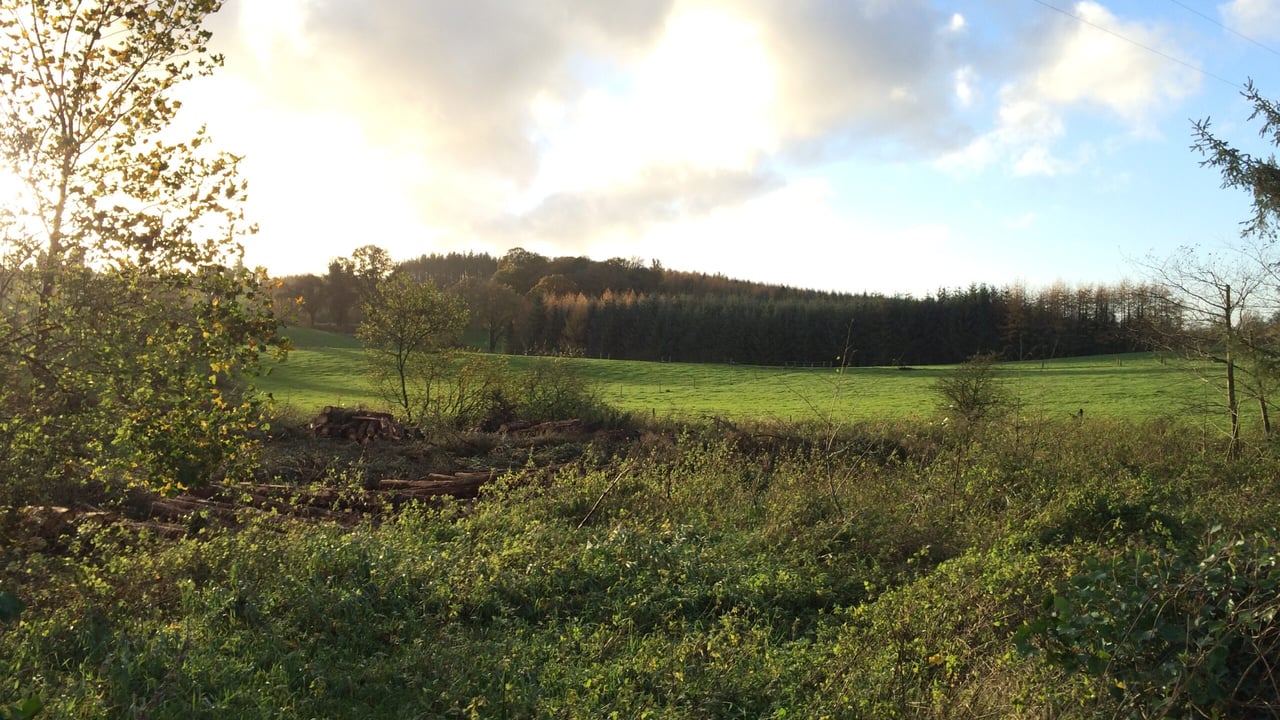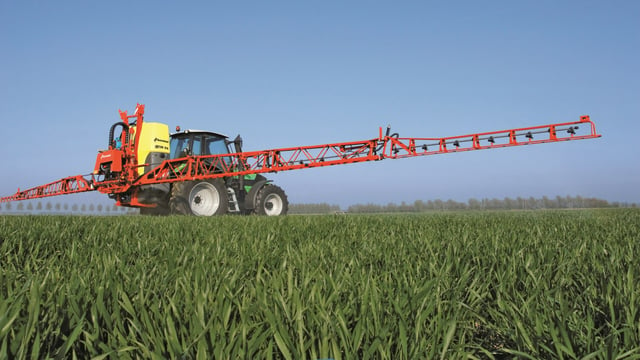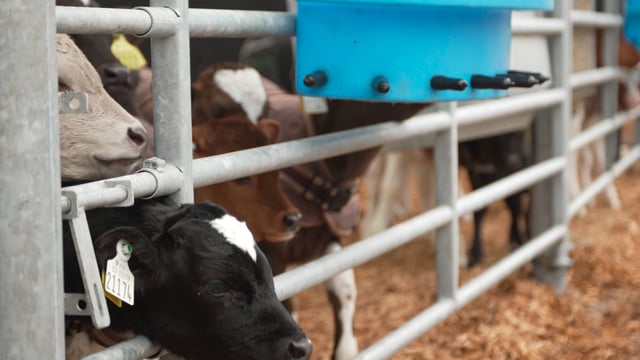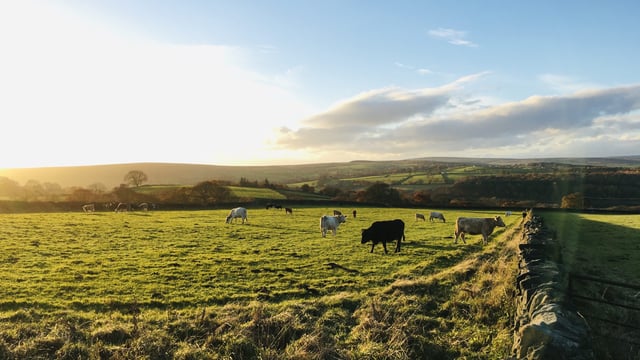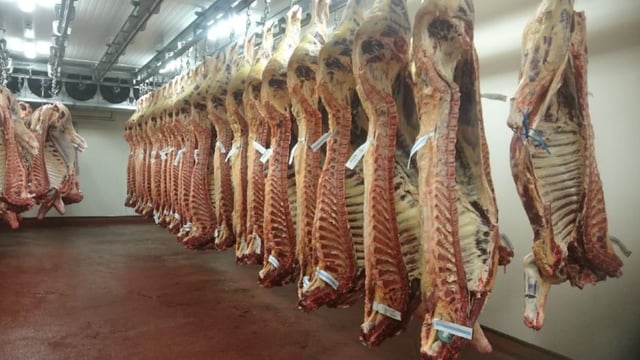Forestry needs 'NAMA-style' rescue plan - farm organisation
The government has been told that it "must act" in order to prevent a collapse of forestry planting in the wake of the damage caused by Storm Éowyn.
The Irish Cattle and Sheep Farmers' Association (ICSA) said that Ireland's forestry sector had already been struggling before the storm, and if the current "windblown crisis" is not handled correctly, it "could spell disaster".
Edmond Phelan, the ICSA's rural development chairperson, said: "If the timber industry is allowed to slash the price paid to growers, the show is over".
He called for a "NAMA-style" rescue plan for the sector - referring to the National Assets Management Agency (NAMA) - to provide a structured intervention to stabilise the market and ensure the long-term viability of Irish forestry.
Phelan said the government's response to the crisis will determine whether any new landowners consider trees in the future.
"Approximately 50% of the windblown areas are privately owned forests, mainly farmers and landowners, many of whom were first-time planters with no experience of selling timber," Phelan said.
"They put their faith in forestry, only to see their investment flattened and, in some cases, rendered worthless. How this is dealt with will decide whether forestry remains viable in Ireland," he added.
"The most urgent priority is a reconstitution grant to cover the cost of replanting. However, even more immediate is the need to stabilise timber prices.
"Estimates suggest that around 24,000ha of forestry have been damaged, but that’s not the full picture. Clearing windblown areas requires additional ‘squaring off,’ adding another 20% to the total, meaning the real area affected could be closer to 30,000ha," Phelan claimed.
The ICSA rural development chairperson said the scale of the damage caused by Storm Éowyn was unprecedented.
"In 2014, Storm Darwin brought down 8,320ha of forest, resulting in two million cubic metres of windblown timber. In contrast, Storm Éowyn has likely brought down between 10 and 12 million cubic metres," he said.
"If the government allows the industry to dictate prices without intervention, we are facing an unprecedented collapse in timber values.
"We need a reconstitution grant, and consideration must also be given to topping that up with a 'climate action performance payment' in line with the ash dieback scheme," Phelan said.
He added: "But beyond that, we need a structured intervention in the form of a NAMA-style body to stabilise the timber market and prevent growers from being exploited.
"This is not just about the livelihoods of hundreds of farmers. If the crisis is not addressed swiftly and effectively, Ireland's entire forestry programme will collapse, along with our ability to meet climate targets," Phelan warned.
"The government's response will determine the future of forestry in Ireland and whether any new landowners will be willing to take the risk of planting trees," he added.

